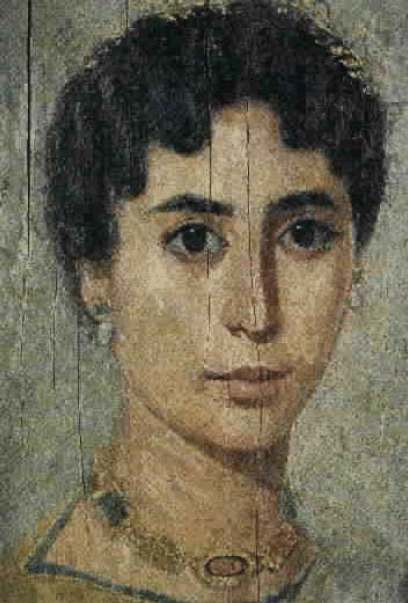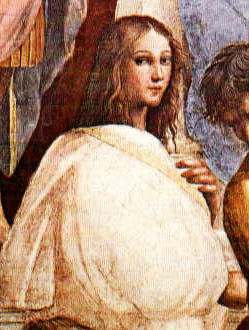|
|
Reserve your right to think, for even to think wrongly is better than not to think at all
Of the more than 300 listed mathematicians of ancient Greece [1], about 12% were women. Most of them were connected with the Pythagorean School and of Ionian origin. This number is not larger in our modern times and shows that the situation of women in ancient Greece was not worse or better than in our times. The first "known" mathematician Aithra, leads the list of both men and women. The last important mathematician in the Greek line was Hypatia of Alexandria (Υπατία η Αλεξανδρινή ) .
| ||||

